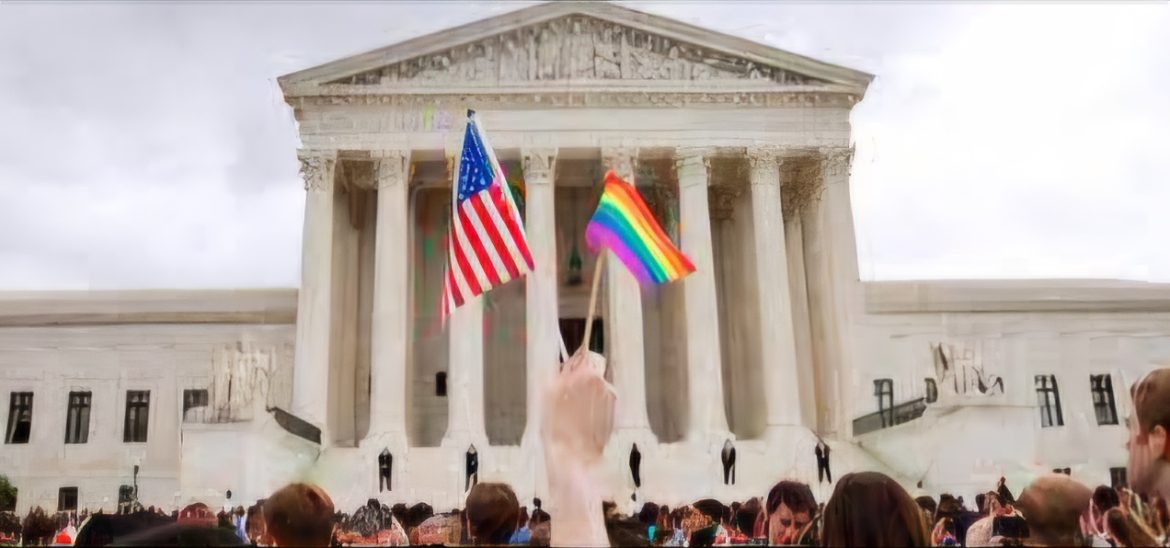For the first time in a decade, the U.S. Supreme Court is confronted with a formal request to overturn its landmark 2015 ruling legalizing same-sex marriage—this time driven by former Kentucky county clerk Kim Davis, reigniting long-standing debates at the intersection of religious freedom and marriage equality.
A Decade of Controversy Renewed
It has been ten years since the Supreme Court’s decision in Obergefell v. Hodges, which granted marriage rights to same-sex couples across the United States. Now, former Rowan County Clerk Kim Davis has filed an official petition asking the Court to revisit and reverse that milestone opinion. Davis, who was jailed for five to six days in 2015 after refusing to issue marriage licenses to a same-sex couple on religious grounds, is fighting both the legacy of that defiance and the financial judgments against her.
The Legal—and Financial—Battle
Davis was ordered to pay a jury award of $100,000 in emotional-distress damages, along with approximately $260,000 in attorneys’ fees. She argues that as an individual acting on grounds of conscience, she deserves First Amendment protection—and should be exempt from both personal liability and the financial burdens imposed. Her petition frames Obergefell v. Hodges as “grossly mistaken” and asserts that the concept of substantive due process upon which it rests is a “legal fiction.”
From Appeals to the High Court
Lower courts—including a panel of the Sixth Circuit—have already dismissed her arguments, holding that, while a private citizen may enjoy certain First Amendment protections, a public official acting in an official capacity cannot transform personal religious beliefs into state policy. Still, Davis and her legal team at Liberty Counsel have asked the Supreme Court to step in, marking the first such formal appeal on this matter since 2015.
Broader Stakes and Context
This legal effort is unfolding amid a broader conservative push to shift authority over marriage laws back to the states. At least nine states have introduced measures in 2025 aimed at restricting or formally opposing same-sex marriage rights—or urging the Supreme Court to overturn Obergefell. Moreover, even if Obergefell were vacated, the federal Respect for Marriage Act would still require states to recognize same-sex marriages legally performed elsewhere.
Public Opinion and Legal Prognosis
Surveys show that public support for same-sex marriage has grown since 2015—Gallup reports an increase from around 58% to approximately 68% of U.S. adults favoring it. However, the Supreme Court is widely expected to be hesitant to reverse Obergefell, especially in a case regarded by many experts as a weak legal vehicle to challenge the precedent.
What’s Next?
The Supreme Court will consider the petition during its private conference this fall. If the justices opt to hear the case, oral arguments could take place in spring 2026, with a decision expected by June of that year.
From: abcnews


